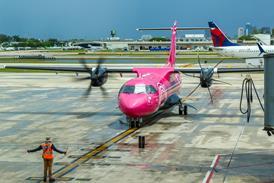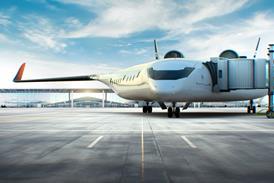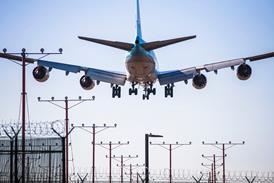US discounter Spirit Airlines could cancel some Airbus A320neo-family aircraft orders as a result of the ongoing trade war between the European Union and USA.
In a 10-Q recently filed with the US Securities and Exchange Commission, the Florida-based company describes how the Trump administration’s ever-shifting tariff regime could negatively impact its business as Spirit – fresh off Chapter 11 restructuring – seeks long-elusive financial stability.
Currently, goods imported from the EU are subject to the US government’s universal baseline tariff rate of 10%, though the rate could rise again to a rate of 20% at the conclusion of Trump’s 90-day suspension, which started on 9 April.
Spirit notes that the future impact of tariffs are very much subject to change, with uncertainties surrounding the rate and duration of the US-imposed duties, in addition to potential retaliation from the EU and future escalation between the longtime trading partners.
”The imposition of these tariffs may increase the cost of, among other things, imported new Airbus aircraft and parts required to service our Airbus fleet, which in turn could have a material adverse effect on our business, financial condition and… results of operations,” Spirit says.

The ultra-low-cost carrier (ULCC) adds that it may “seek to postpone or cancel delivery of certain aircraft currently scheduled for delivery” as a result of tariffs on EU-manufactured aerospace products.
Spirit could also choose “not to purchase as many aircraft as we intended in the future”.
Tariffs could also hit Spirit’s ”operations and financial condition through increased supply-chain challenges, commodity price volatility and a decline in discretionary spending and consumer confidence”, the airline says.
The all-Airbus operator currently operates a fleet of 213 aircraft: 63 A320s, 29 A321s, 30 A321neos and 91 A320neos.
It is scheduled to receive 92 aircraft deliveries through 2031, including four A320neo-family jets expected to arrive in 2025.
Spirit, along with other US discounters, has struggled to compete in recent years as major US airlines have introduced low-cost products of their own, flooding the domestic market with cheap airline seats.
The ULCC reports a first-quarter operating loss of $289 million and net profit on the period of $61 million, a discrepancy influenced by Chapter 11-related accounting manoeuvres.
Spirit emerged from the Chapter 11 process with a new financial structure in March.































